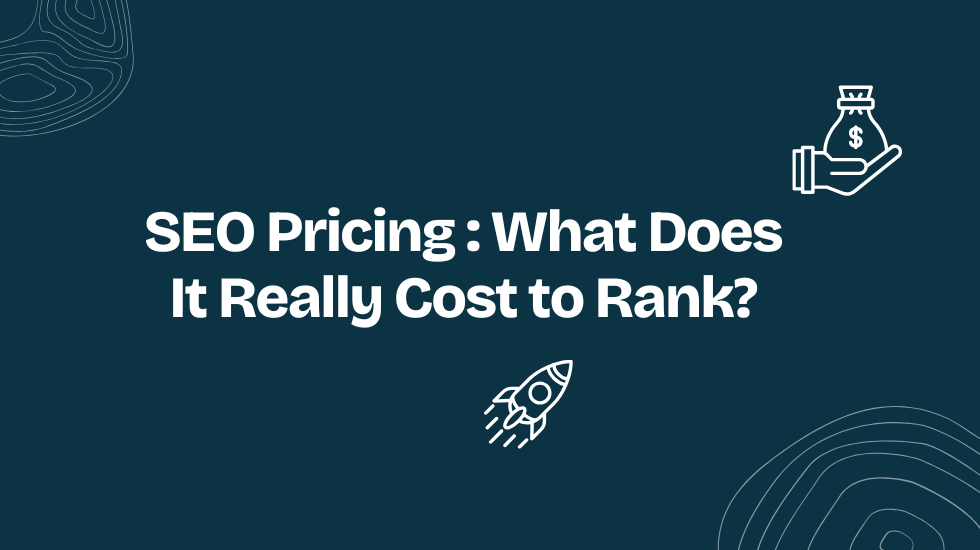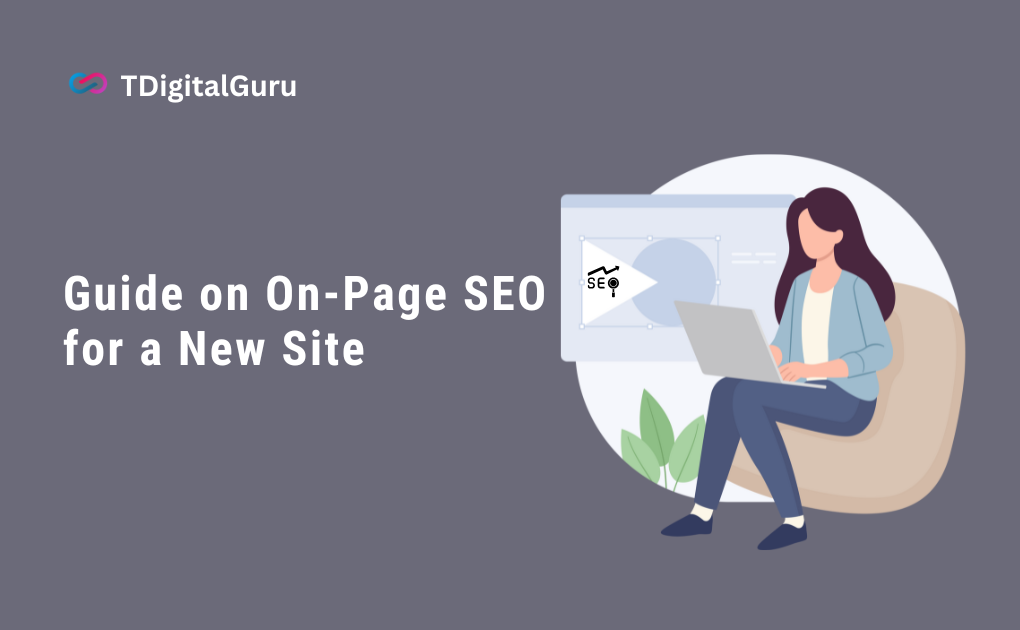In this blog, we will talk about what is an SEO Score. And also go over the main SEO Score factors, how to check your site’s score, and explain what a good SEO score out of 100 is.
By the end of this post, you will know all about SEO rankings and how it affects your website’s organic rankings and traffic.
You will also leave with expert knowledge of SEO factors that can be improved to increase your website’s SEO ranking.
What is an SEO Score for a website?


The SEO score is a measure of how well the technical aspects and user-oriented elements of your website contribute to search engine optimization. The SEO score is rated on a scale of 100, and the SEO score is based on four areas that affect ranking performance and crawlability that we will discuss further in this blog.
A high SEO score means your website meets quality standards for good search engine optimization, while a low SEO score indicates technical and user experience issues.
Although the Google algorithm does not consider your SEO score when indexing and ranking your website, a good SEO score is inherently associated with higher search engine rankings and visibility.
But how exactly does SEO work to boost your score?
Optimizing for the four areas of SEO ranking (technical SEO, content, user experience, and mobile usability) will often benefit your search engine results page (SERP) ranking and is an essential part of the process of how to SEO analyze a website.
What is a good SEO score?
Many experts suggest that the good SEO score for any site is between 80-100. An SEO score in this range means that your website meets the highest quality standards for search engine optimization in the areas of technical SEO, content, user experience and usability on mobile devices.
OMG! The Best SEO RANKING FACTORS Ever!
Your website’s final SEO score is determined by its performance in these four categories:
#1 Technical SEO
Technical SEO is an important part of SEO ranking because it affects how well your site can be accessed, crawled and indexed by web crawlers like Googlebot.
If a website has serious technical issues, it won’t rank high in the SERPs, no matter how good the content, user experience, or mobile usability is.
Technical SEO issues can be a major obstacle to increasing organic traffic from Google, Yahoo or Bing and often go unnoticed until you use an SEO score checker or technical SEO audit tool to measure your site’s performance.
It’s a good idea to incorporate these types of checks and analyzes into your regular website maintenance process to increase your SEO score in the following areas:
- Search Engine Friendly URLs
- Web Architecture
- Page speed
- Server response
- Indexability
- Broken links
#2 Content:-
The quality of your website content is another important factor in your overall SEO score.
Search engine algorithms take into account how well your content uses on-page SEO optimization, page structure, how pages are linked together, and whether it meets the needs of your visitors by measuring various metrics on the site.
Websites with good SEO, relevant information and visitor engagement are usually ranked higher by Google on search engine results pages for their target keywords.
The following areas make up the SEO score for website content:
- Meta titles and descriptions for each web page
- Number of internal links and broken links
- The presence of duplicate content throughout the site
On-page SEO factors such as optimized title tags, in-content keywords, and image optimization
User metrics such as bounce rate, time on page and average number of pages per visit
Note: In my Mastering On-Page SEO course, I teach you a repeatable system to optimize your content as best as possible to get maximum SEO value from your pages. If you want to learn effective on-page SEO methods that work, then this is a good course for you to improve your website’s rankings and traffic.
#3 User experience:-
Although this is a low priority for SEO rankings, search engines like Google still consider user experience when ranking website content.
So it’s a good idea to know what your user experience SEO score is and look for ways to improve this part of your SEO strategy.
The following factors make up the SEO score for user experience:
- Images are refreshable and load quickly
- Navigation does not contain too many links and has a click depth of 3 clicks or less to reach any page of the site
#4 Mobile usability

Source – Google
Google now uses mobile-first indexing for website content. This means that your website must have mobile-friendly content or it won’t rank as high for its target queries.
Mobile SEO checks measure how fast your website renders on different devices and the following aspects affect your SEO score:
- Design sensibility
- Touch screen compatibility for tapping and scrolling
- Page loading speeds fast for users
World Class Tools Make HOW TO CHECK YOUR SEO SCORE Push Button Easy
To check your SEO score, you need to enter your domain name or URL in the given SEO check box and click “Check SEO Score”. The tool will crawl your website and measure the user and technical aspects of search engine optimization and report the score in a numerical format. Here are some SEO Score Checker Tools that can provide you data of SEO score of your website.
Ahrefs website audit tool

Source – Ahref
Ahrefs performs a complete SEO analysis to give you an accurate SEO score for your website.
The crawler will go deep into your site and test it for over 100 technical issues that could affect your organic rankings.
Semrush Site Audit Tool
Semrush allows you to scan your website for over 130 technical and SEO errors and points out the main issues that need to be addressed to improve your website’s SEO score.
SEranking
SEranking is an SEO score checker that can give you an instant overview of your site’s health.
You can analyze overall health scores, check Core Web Vitals, and get a list of the most frequently detected issues based on their level of importance and prevalence on the site.
SEO Analyzer
SEO Analyzer gives your website a complete check to reveal the errors that prevent your content from reaching the top positions on Google.
It also prioritizes each fix based on potential operational impact and ease of implementation, so you can speed up your rating improvements.
Siteimprove SEO Score Checker

Source – Siteimprove tool
Siteimprove measures how well your website performs across a number of key SEO factors, such as content and technical settings, and gives you recommendations on how to improve to increase your SEO score to gain more visibility in Google and other search engines.
Website Comparator – A HubSpot tool

Source – Hubspot tool
Website Grader is more than just checking your SEO score. It’s a free online tool that ranks your website against key metrics like performance, mobile-readiness, SEO, and security.
Woorank SEO Score Checker

Source – Woorank
WooRank ranks your website on a 100-point scale based on 70 different criteria.
This review will help you optimize and measure your site’s performance for the keywords most important to your SEO.
SEO Score Summary
I hope you enjoyed this guide on what SEO score is.
As you have discovered, the answer to the question “what is an SEO score?” is 80-100. And if you work to improve technical SEO, content, user experience and mobile usability of your website, you can increase the score to these levels.
There are also a number of SEO score checking tools that can help you get the information you need to make accurate decisions for better search engine optimization.
Now let’s comment down and let us know which is your favorite SEO score tool.


